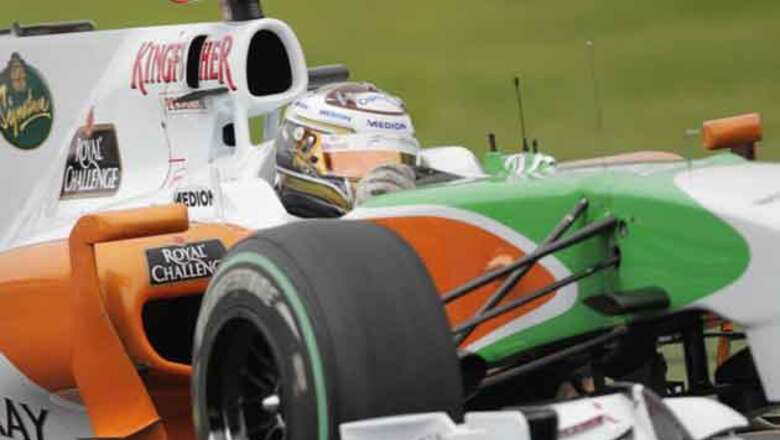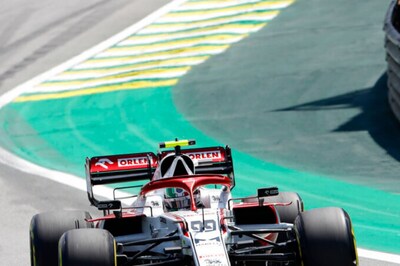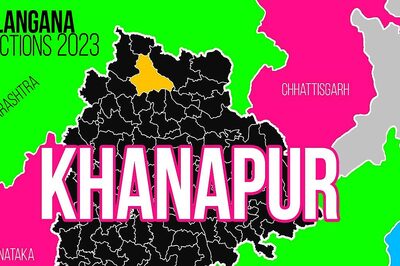
views
London: Indian Grand Prix organisers have promised affordable tickets and tight security to deal with anything from terror threats to stray dogs when the Formula One race makes its debut next year.
The circuit is being built 35 km outside New Delhi by industrial conglomerate the Jaypee Group, with a race pencilled in for October 2011.
Mark Hughes, vice-president of Jaypee subsidiary JPSK Sports, told Reuters at the weekend's Monaco Grand Prix that tenders were about to go out for asphalting the track later this year once the monsoon season was over.
At the same time organisers were carrying out market research on ticket pricing.
"We are looking at the range of tickets for the high end of cricket games, the international test matches, the IPL games," he said. "We are looking at the ticketing for the Commonwealth Games and we are also looking at the other races and trying to find a balance.
"There will be a reasonably affordable general admission and there will probably be about 25,000 general tickets," added the operations executive.
"I'd like to think that we can make it affordable in the same way that Malaysia did. Malaysia have a very good, affordable entry ticket price."
The cheapest general admission tickets for last month's Malaysian Grand Prix cost around 100 ringgit ($26.32).
Hughes said the capacity was set at around 150,000 but that could be increased to 175,000 with more temporary stands.
The main grandstand will have 29,000 seats, second only to China in terms of size.
Security would be tight in a country where sporting events have already been targeted by bombers.
"We will have things like built-in underground scanners so when a car drives in every vehicle will get scanned," said Hughes. "At the same time we will look at how we integrate that with the CCTV systems.
"We will have a reasonably sophisticated ticketing system that will be very difficult to forge. There will be a turnstile system at every entrance, every ticket will be electronic. Security will be ramped up, it has to be."
Stray dogs have posed a problem in Turkey, where one was hit by Brazilian Bruno Senna during a GP2 race, and Bahrain in the past but Hughes was confident that hazard could be managed.
"In Bahrain, we hadn't taken it into account when the circuit was constructed. There was a very good fence but it didn't go into the ground, so there were gaps under it and that's how the dogs made it into the venue.
"So we are looking at doing a few things differently...I think we've got that covered actually," said Hughes.




















Comments
0 comment